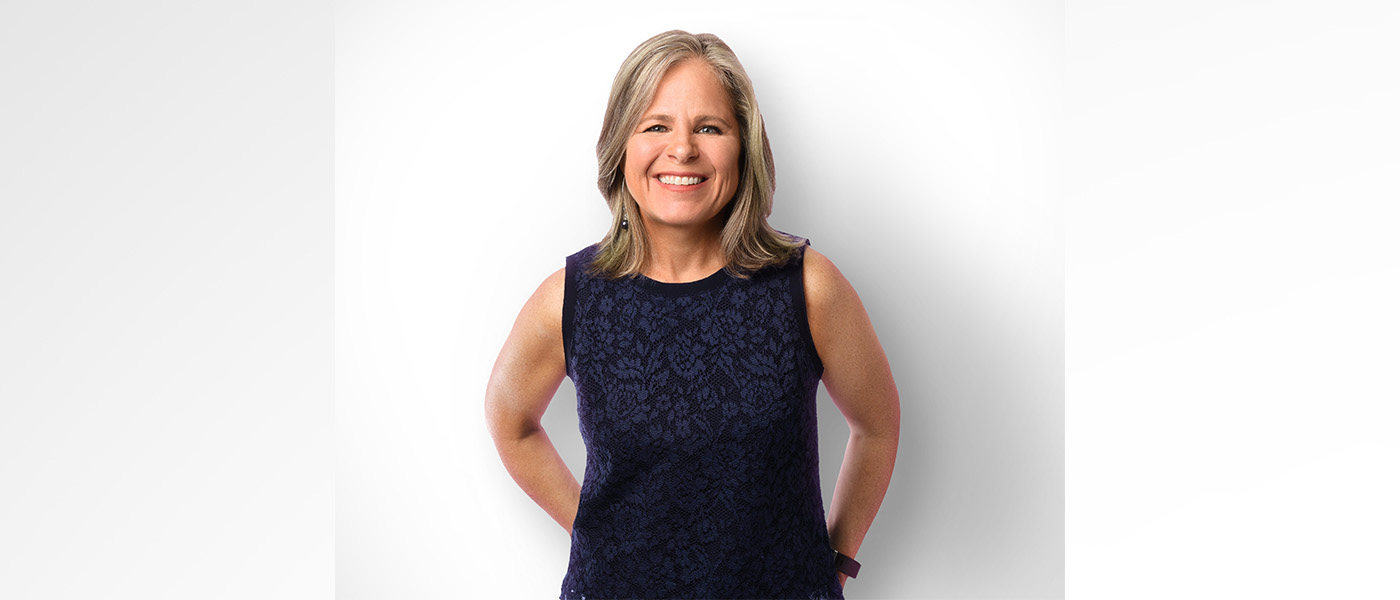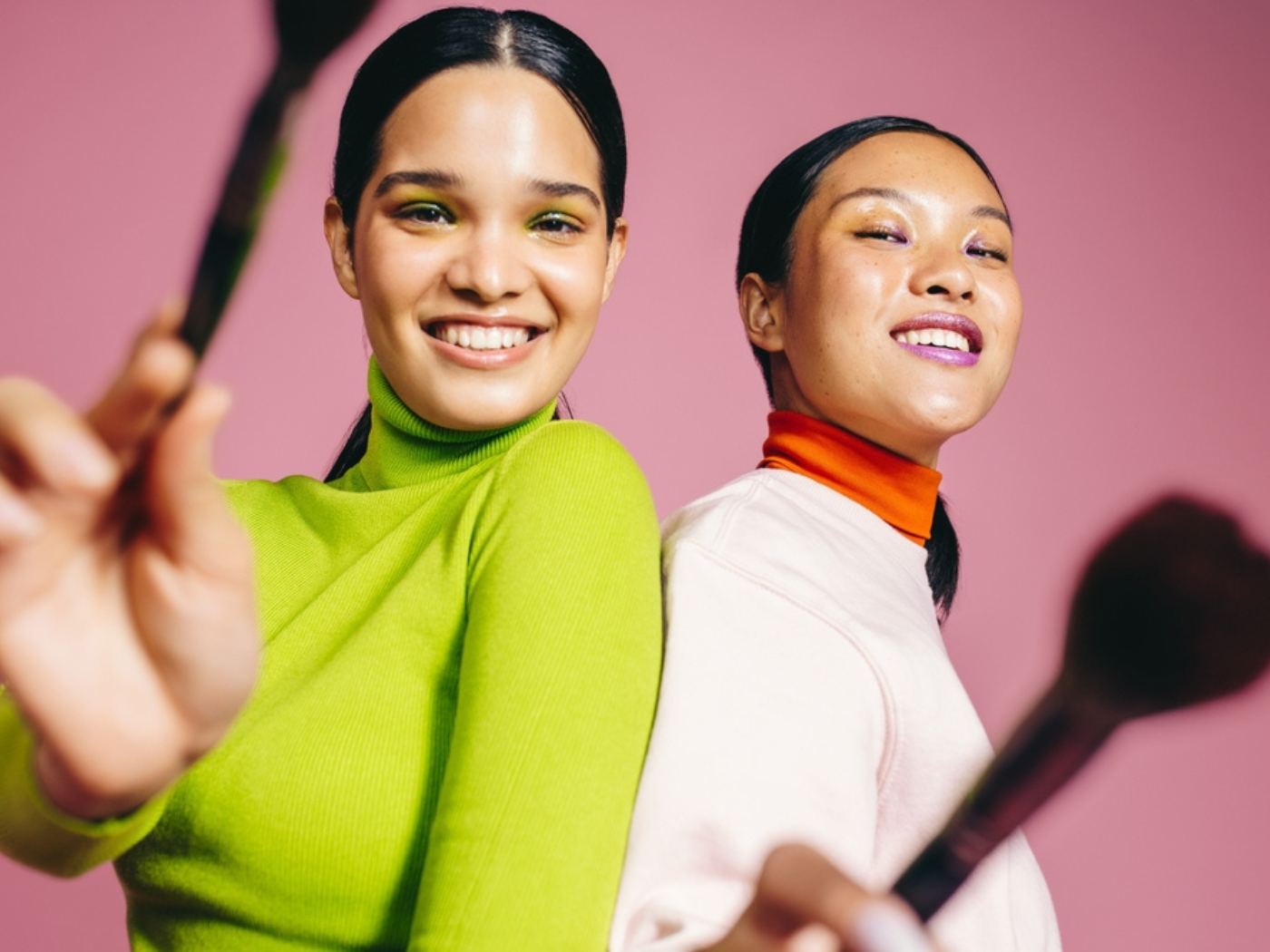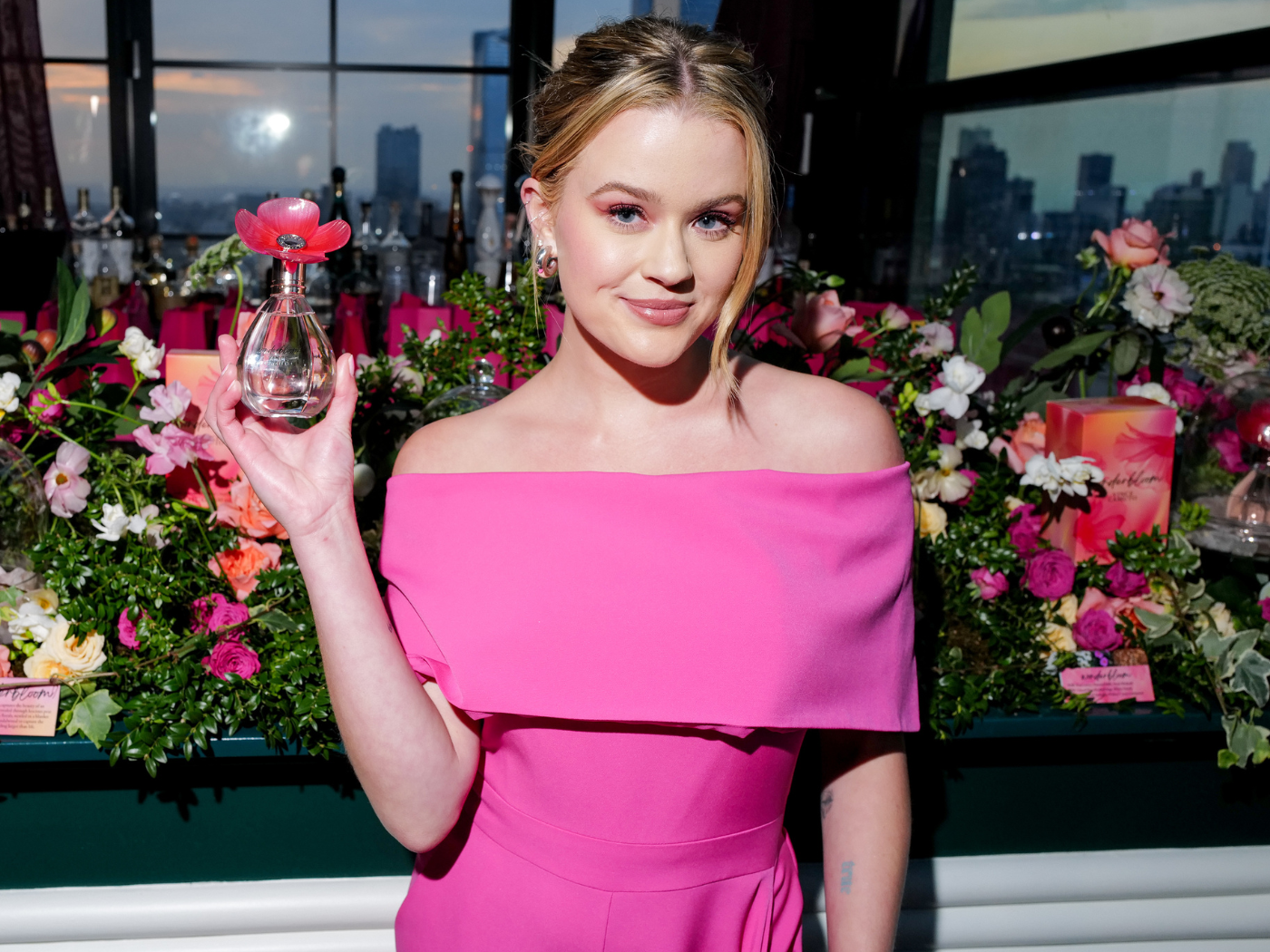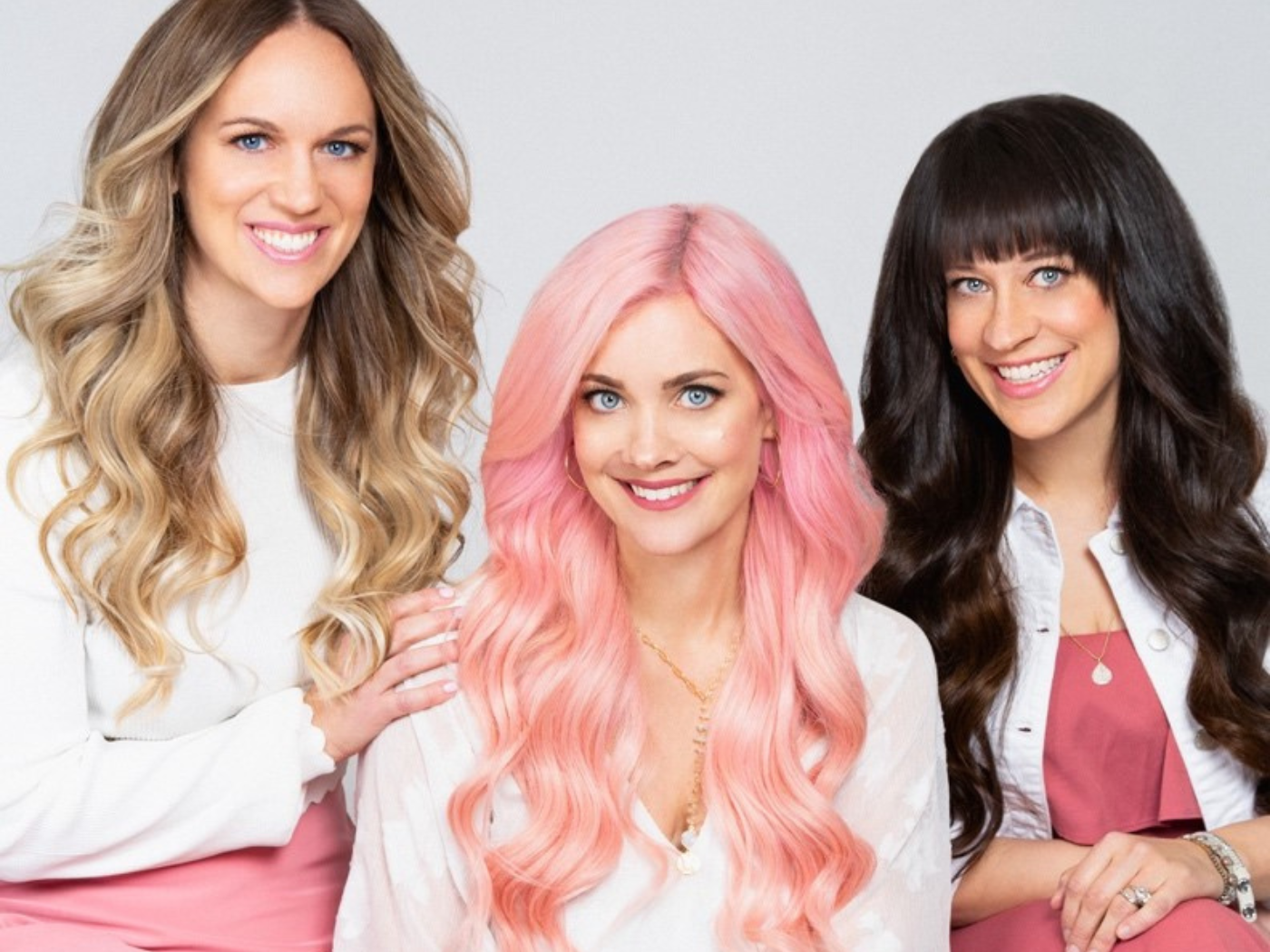As told to Alyssa Hertzig
A seminal moment in my career came about 10 years ago when I stood on a stage at our world headquarters as P&G’s Vice President of Human Resources, and I shared my story of being the most senior open lesbian at the company. I told an audience of 200-plus people about my wife — although back then she couldn’t be my “wife,” so she was my partner — and our three daughters, and I shared the story of my journey, and of the struggles, the challenges, and the pain of feeling marginalized and excluded at various times throughout my life. I also celebrated those who had always provided me support, and I encouraged people to be more expansive with their love, their acceptance, and their respect. I was vulnerable and I cried. And the people in the auditorium cried.
The response was overwhelming. After my speech, I received so many emails and I’ve saved every one of them. People shared their personal experiences of feeling silenced or left out. There was even one woman who I had known fairly well for years who came into my office after my speech, and she sat down with tears in eyes and said, “Shelly, what you just did was amazing, and I want you to know that today you saved a life.”
It was in that moment that I realized the power that a platform can have to shape hearts and minds and to open hearts and minds. And now, that is one of the key responsibilities that I have at P&G: to open hearts and to get people to consider a way of being and doing that invites everyone in.
“My mother was a single mother who worked as a nurse, and I am the youngest of 15 — yes, 15! — children.”
I grew up on the west side of Ohio in the city of Lakewood. My mother was a single mother who worked as a nurse, and I am the youngest of 15 — yes, 15! — children, so let’s just say, I come from a place of a lot of love and a fair amount of chaos. You experience a lot in a family that large, and it has an enormous effect on who you become.
I grew up with the benefit and privilege of observing a wide range of humanity around me, and it really helped me develop a deep passion to understand people better. If I were to describe myself now, I would say I’m a systems thinker, a change agent, and a humanist, and I can trace all of those characteristics back to the experiences I had growing up with my family. It really provided a strong foundation for my future career.
Like many young girls of my generation, I grew up thinking I’d become a teacher. I deeply admired my mother, and she always told me I could be anything I wanted to be. And while she always said that I would be an incredible teacher, she would also tell me how teachers were undervalued and underpaid, while really stressing the importance of being able to support yourself. Because of what had happened in her life — things she couldn’t have imagined — this was very important to her, and it was a huge lesson she passed on to me. I also knew that I would have to pay my own way through college and that I would graduate with loans — and I did — so from an early age, the economic factor was always on my mind because I came from so little.
“Everything changed when I took an organizational psychology class and read about a field called organization development or O.D.”
I ended up going to the University of Michigan and I changed my major multiple times. But everything changed when I took an organizational psychology class. There, I read about a field called organization development or O.D, which is a value-based approach to helping structure, design, and create organizations. I thought that sounded like the coolest thing in the world! It was kind of like being a teacher, but in an organizational environment, and it combined my interests in humanity and systems thinking, and my deep desire to make the world a better place.
I started at P&G in 1985. It was my first job out of school. For about six years, I worked in sales in what was then our food division, selling Duncan Hines cake mix, Pringles potato chips, and Jif peanut butter — which is still one of my favorite brands, by the way! I learned so much about the fundamentals of business and about our connection to consumers while I was there.
Around this time, I went back and got my master’s degree in organizational development at Case Western Reserve, which helped me develop a stronger foundation in the science and practice of change management. Back at P&G, I soon started getting the opportunity to work on a range of change projects, including the early acquisitions of some of our brands like Old Spice, Olay, and Vicks. Then, over time, I started working as the HR Manager for a range of businesses, and eventually, became P&G’s Vice President of Human Resources and, then, Chief Equality & Inclusion Officer.
Our company’s mission is to improve the lives of the world’s consumers, so we need to understand the range of the humanity that we serve. I have worked with my colleagues around the world to build an evolved strategy and a set of action plans that makes that vision come to life.
“We make sure that…we are building a P&G that looks like the consumers we serve, at every level.”
So what are the tangible things that we work on in order to make that happen? First, representation. We make sure that from sourcing to staffing to development and setting expectations with leaders, we are building a P&G that looks like the consumers we serve, at every level. My colleagues and I also make sure that we are adjusting and evolving the systems and policies in our company in order to welcome in, embrace, and set up success for this diverse employee base.
So it’s a lens that we use to attract and build talent, it’s a lens that we use to build brands, and it’s a lens to ensure we work with a range of partners who have the same intentionality that we do to create a more equal world, because we believe that’s what enables growth.
Diversity is something that has always been important, but of course, changes and events in our world over the past few years have given the work an enormous amount of momentum and breadth that we didn’t have before.
And I love that we have that momentum now! I love that there is a social and cultural awareness and set of conversations that we have today that we weren’t having before. We’re having dialogue around the diversity of humanity. We’re having dialogue around why some people are left out and others are invited in, and we’re having dialogue about the cost of exclusion. I truly believe that the work we do will contribute to a more loving, respectful, equal, and innovative world, where there’s opportunity and access for all of us to grow. And of course, a more equal and more fair world is a better world.
“Honestly, I hope that someday my job becomes obsolete!”
So what’s my biggest goal with this position? Honestly, I hope that someday my job becomes obsolete! I’d love to get to a place where everyone is activating because it’s the right thing to do.
I hope that it happens. I know that it will. I envision a world where there’s opportunity for all of us to be our best selves and our full selves. I few years ago, I wrote a book called No Blanks, No Pauses, and that’s what I wish for all of us: that there are no blanks, no pauses; that we feel embraced from the first moment, and that we never, ever experience a time when we’re not all included.




